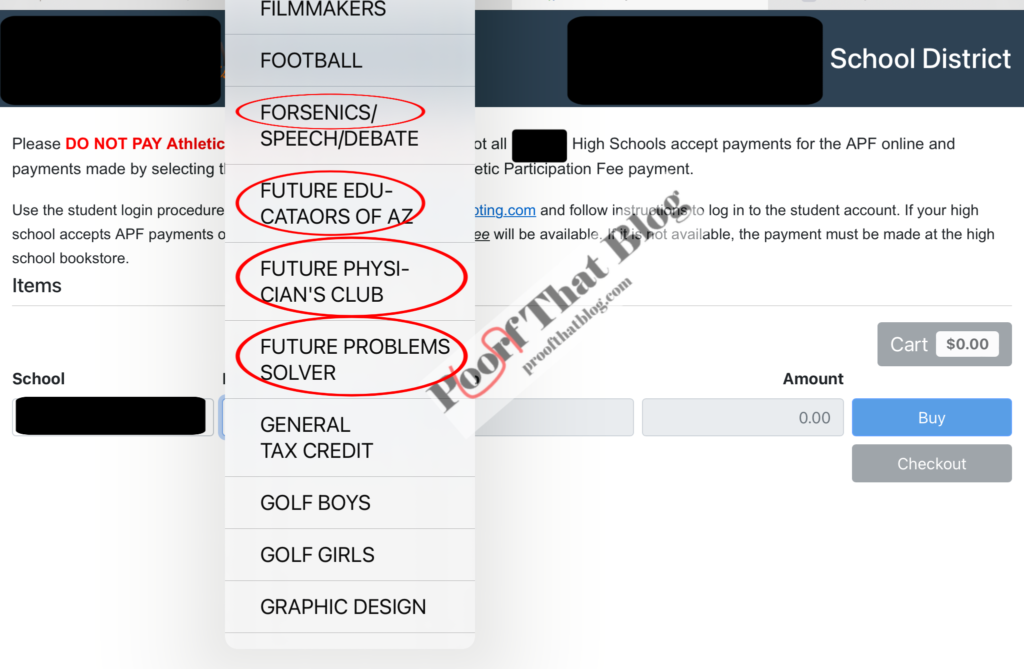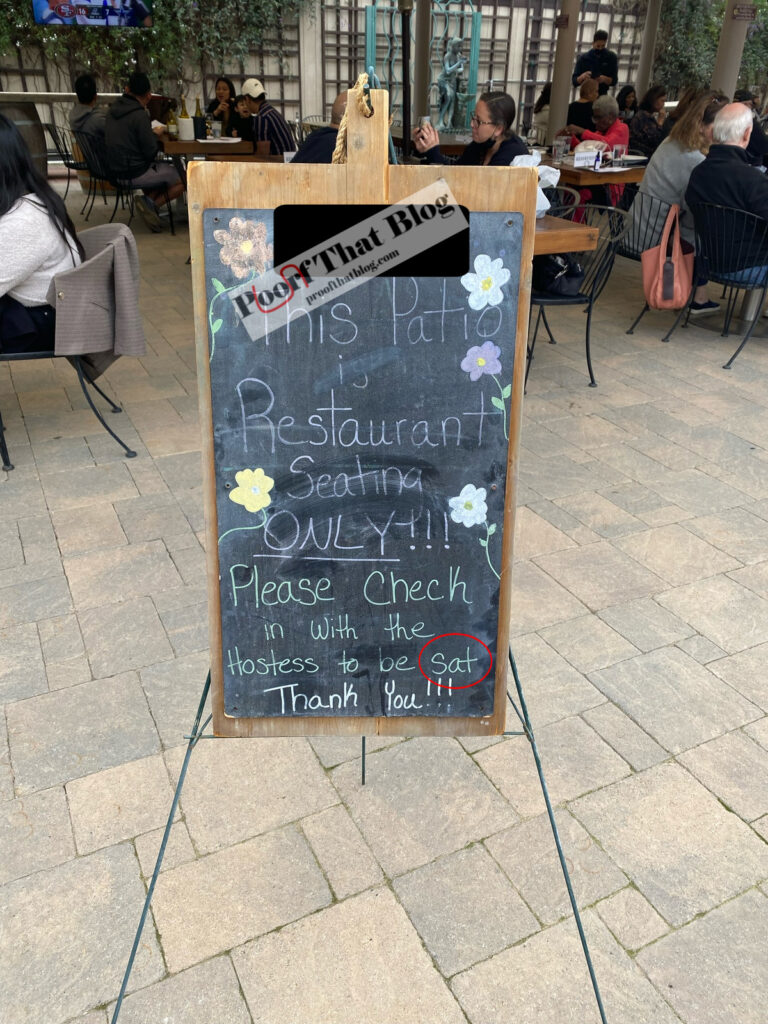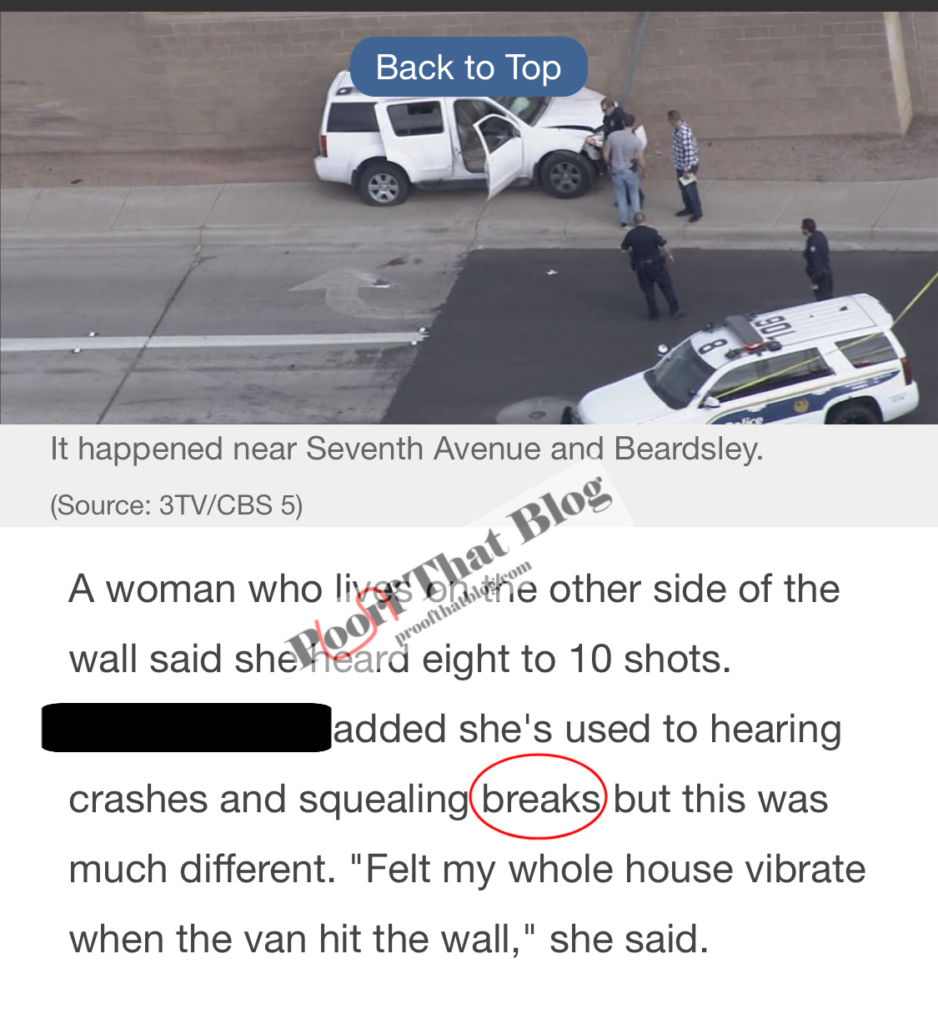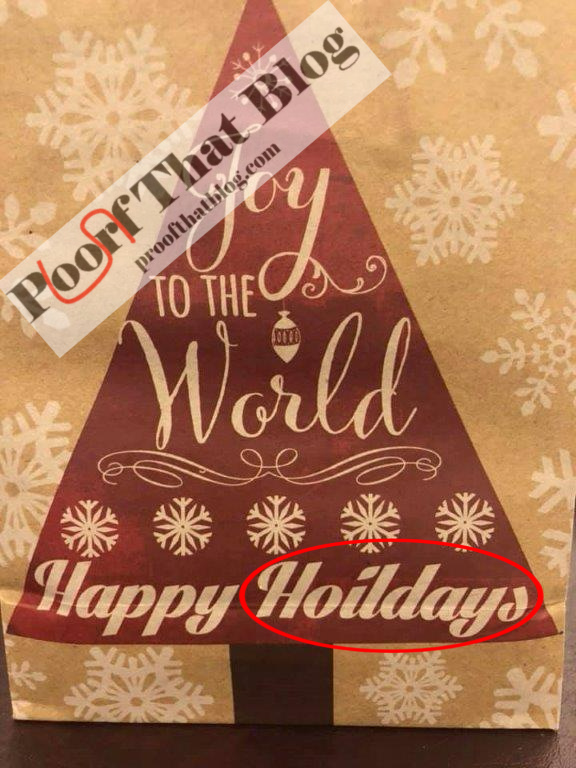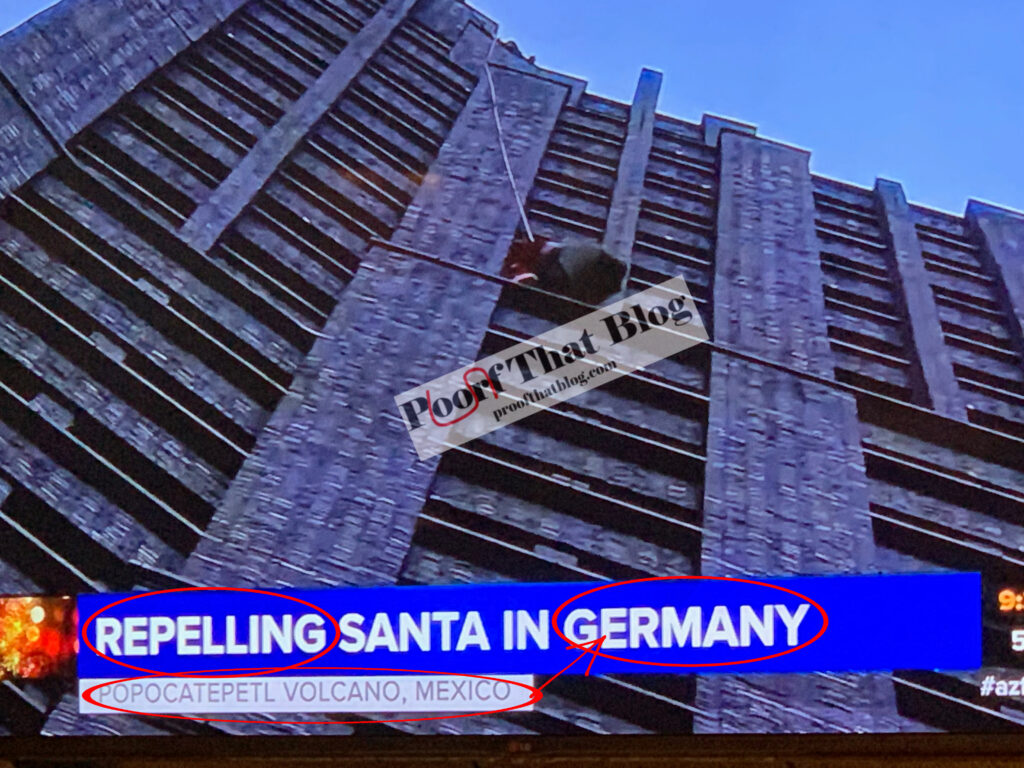A friend sent this to me from his news feed from a local news station. My favorite part is the comment. 🙂
Remember that “who’s” is the contraction for “who is,” which is not a replacement for “whose,” which is the possessive case for “who.” Here are some examples:
- She is the one who’s [who is] scheduled to take the next two weeks off.
- She is the one whose [who the car belongs to] car was wrecked in the parking lot.
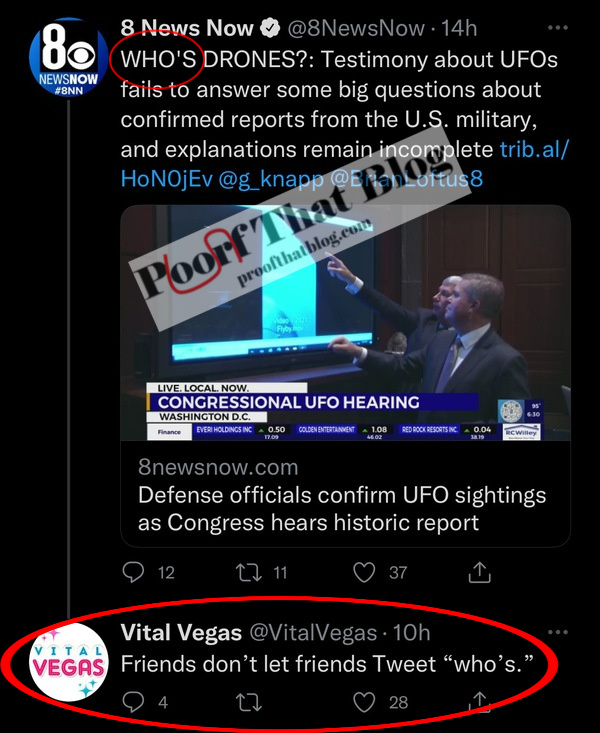


 Follow
Follow